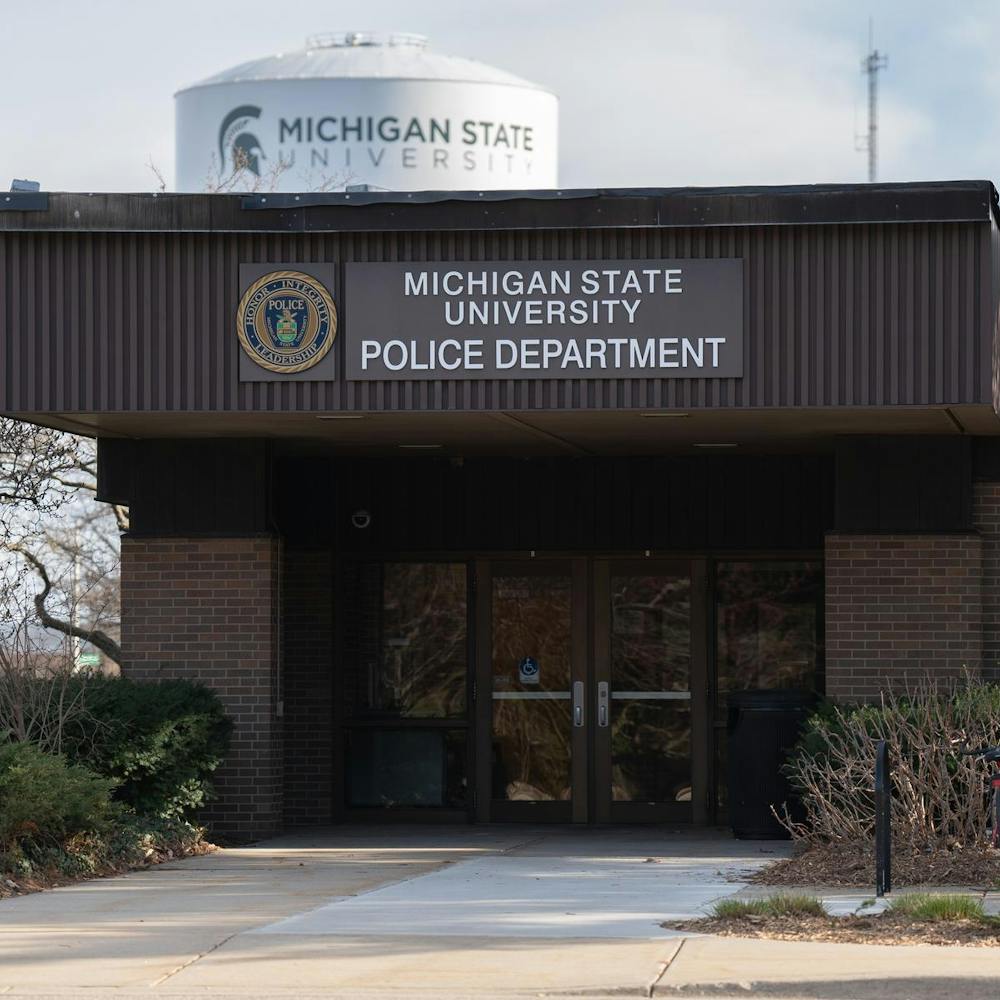Campus environmental groups and local authorities are pleased at the state Senate’s efforts to address pollution problems that plague the Red Cedar River, although they say the proposal is flawed.
The state Senate this week passed two bills of a five-bill package that is intended to fix sewage overflow problems across the state. Overflows occur when untreated sewage is discharged into a river, usually during heavy rainfalls.
Discharging raw sewage causes pathogen levels to rise, including the E. coli bacteria. On July 5, E. coli levels in the Red Cedar were 1,333 parts per 100 milliliters. Counts more than 130 are considered a concern.
One bill is intended to set up a statewide water quality monitoring program, which would require determining the source of pollution.
Another bill makes communities that voluntarily improve their sewer systems eligible for state loans. Both bills have passed on to the House.
Liisa Bergmann, co-coordinator of ECO, a student environmental advocacy group, said the state should keep better tabs on the Red Cedar River.
“Any increase in information can only help us address problems,” she said.
Bergmann said East Lansing could benefit from additional state dollars, which may not be available.
“In terms of the E. coli issue of the Red Cedar, I think it would be very helpful to make sure all sewer systems would be divided into two systems,” she said.
Bergmann said students making an effort to stop littering the river would make an immediate impact.
Peter Eberz, East Lansing’s director of Public Works, said the city has completed two parts of a $40 million project to improve the sewer system and prevent overflows.
He said making more communities eligible for loans will only help if more funding is available.
East Lansing was granted only partial state loans for past projects, forcing the city to immediately burden taxpayers for the cost of the project.
“That is a real problem, especially if communities have mandated time dates,” he said.
Eberz said the other bill seems like a good idea but determining whether pollution came from a municipality or a small farm will be nearly impossible and very costly.
State Sen. Gary Peters, D-Bloomfield Twp., the minority vice chairman of the Senate Natural Resources and the Environment Committee, voted in favor of both bills but was concerned about funding more communities.
Another bill that would divert $25 million from the state’s rainy day fund to match federal dollars, which combined would make loans available, has been referred to the Senate Appropriations Committee.
“If there is not increase in money the list can be un-ending and it won’t change the number of communities receiving money,” said Andy Schor, a legislative director for Peters.
Brendan Ringlever, a spokesman for Natural Resources and Environment Committee Chairman and state Sen. Ken Sikkema, R-Grandville, said the legislation is a good step toward cleaning Michigan’s rivers.
“Hopefully by 2002, we will have more money in the state revolving fund for communities like East Lansing to use to correct problems in the sewer infrastructure,” he said.
Staff Writer Steve Eder contributed to this report.






